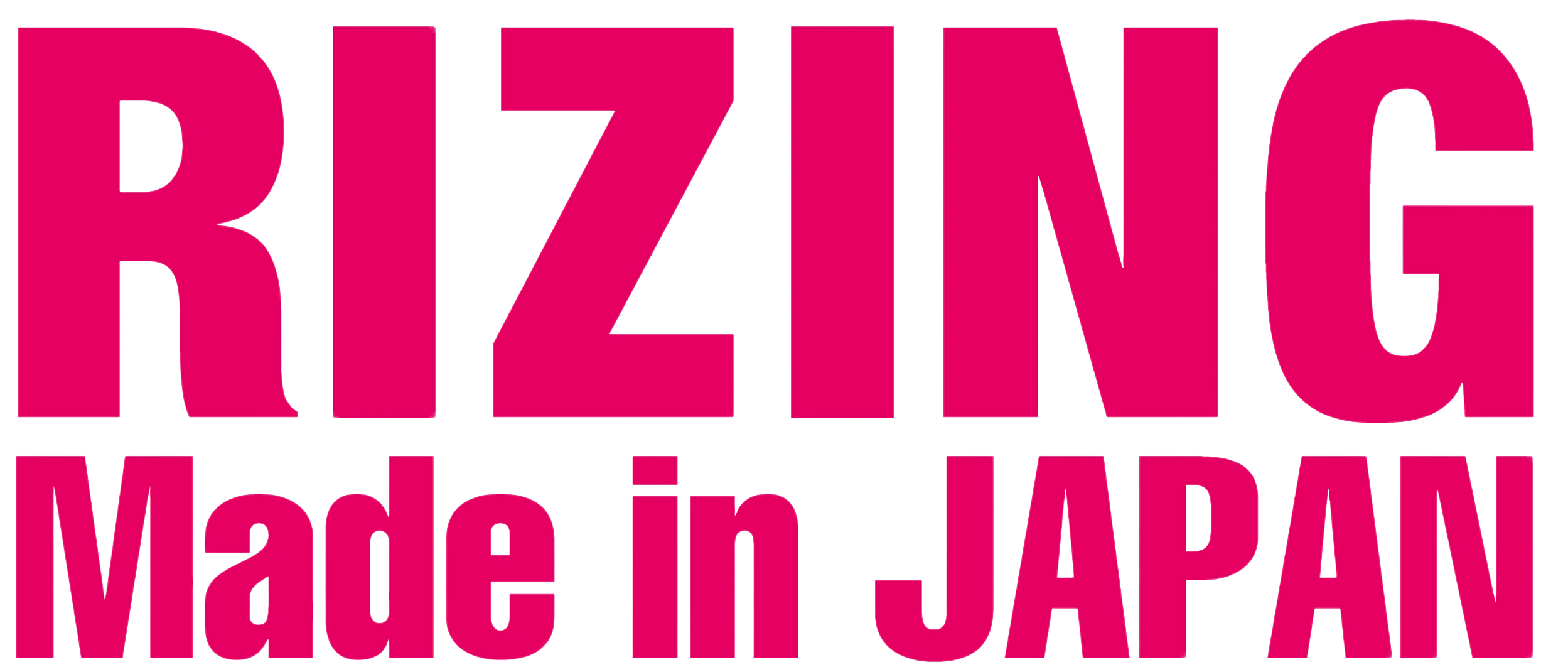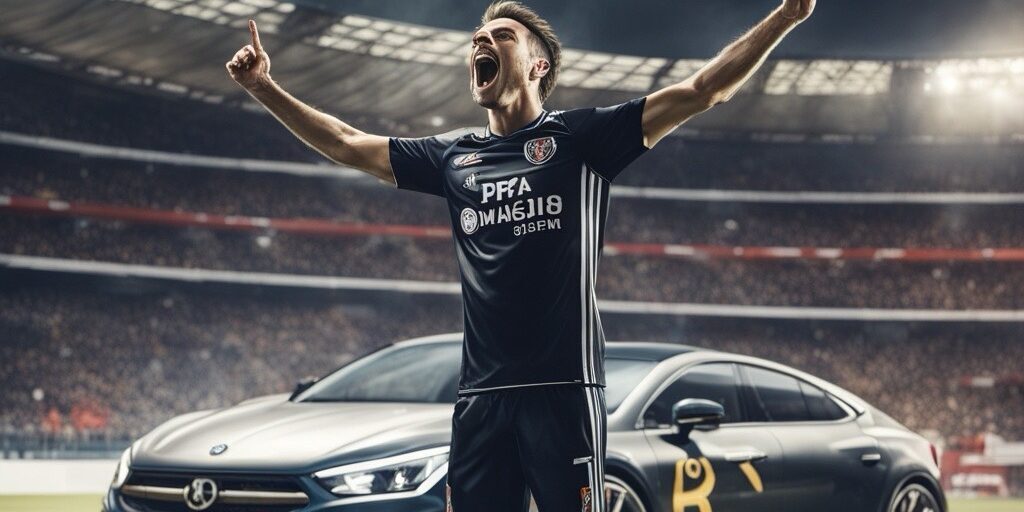Football and car brands have a long history of partnership when it comes to sponsorship. The world of football is a lucrative market for car manufacturers to showcase their products and reach a wide audience of fans around the globe. Many clubs have formed lucrative partnerships with car brands, leading to mutually beneficial relationships that have helped both parties to increase their visibility and credibility in the market.
One of the most well-known examples of this trend is the partnership between Manchester United and Chevrolet. The American car manufacturer became the club’s shirt sponsor in 2014, in a deal reportedly worth over $70 million per year. This partnership has not only helped Chevrolet to increase its brand awareness around the world, but it has also allowed Manchester United to secure a significant source of revenue that has helped the club to compete at the highest levels of European football.
Similarly, clubs like Real Madrid and Audi have formed a successful partnership that has seen the German car manufacturer become the official sponsor of the Spanish giants. This partnership has allowed Audi to showcase its luxury cars to a global audience of fans, while also providing Real Madrid with a valuable source of income that has helped the club to invest in new players and infrastructure.
The trend of football clubs partnering with car brands as sponsors is not limited to the top clubs in Europe. In Brazil, for example, Volkswagen has become the shirt sponsor of clubs like Flamengo and Palmeiras, helping the German car manufacturer to increase its market share in one of the largest football markets in the world. Similarly, in Japan, Honda has partnered with clubs like Gamba Osaka and Urawa Red Diamonds to showcase its range of cars to a local audience of football fans.
The partnership between football clubs and car brands as sponsors is a win-win situation for both parties. Football clubs benefit from the financial support provided by car brands, which allows them to invest in new players, facilities, and infrastructure. In return, car brands are able to showcase their products to a wide audience of fans around the world, increasing their brand awareness and credibility in the market.
Moreover, the partnership between football clubs and car brands as sponsors has also led to new opportunities for both parties to engage with fans in innovative ways. For example, clubs like Bayern Munich and Audi have launched joint marketing campaigns that have seen players and fans participate in events and promotions that have helped to promote both brands to a global audience.
The trend of football clubs partnering with car brands as sponsors shows no signs of slowing down. In fact, as the global football market continues to grow, more and more car manufacturers are looking to invest in partnerships with clubs to showcase their products to a wide audience of fans. This trend is likely to continue in the future, as both football clubs and car brands look to capitalize on the mutually beneficial relationships that can be formed through sponsorship.
In conclusion, the partnership between football clubs and car brands as sponsors has become a common trend in the world of football. This trend has led to successful partnerships between top clubs and car manufacturers, allowing both parties to increase their brand awareness and credibility in the market. As the global football market continues to grow, this trend is likely to continue, with more and more clubs and car brands looking to form partnerships that can help them to achieve their respective goals.

